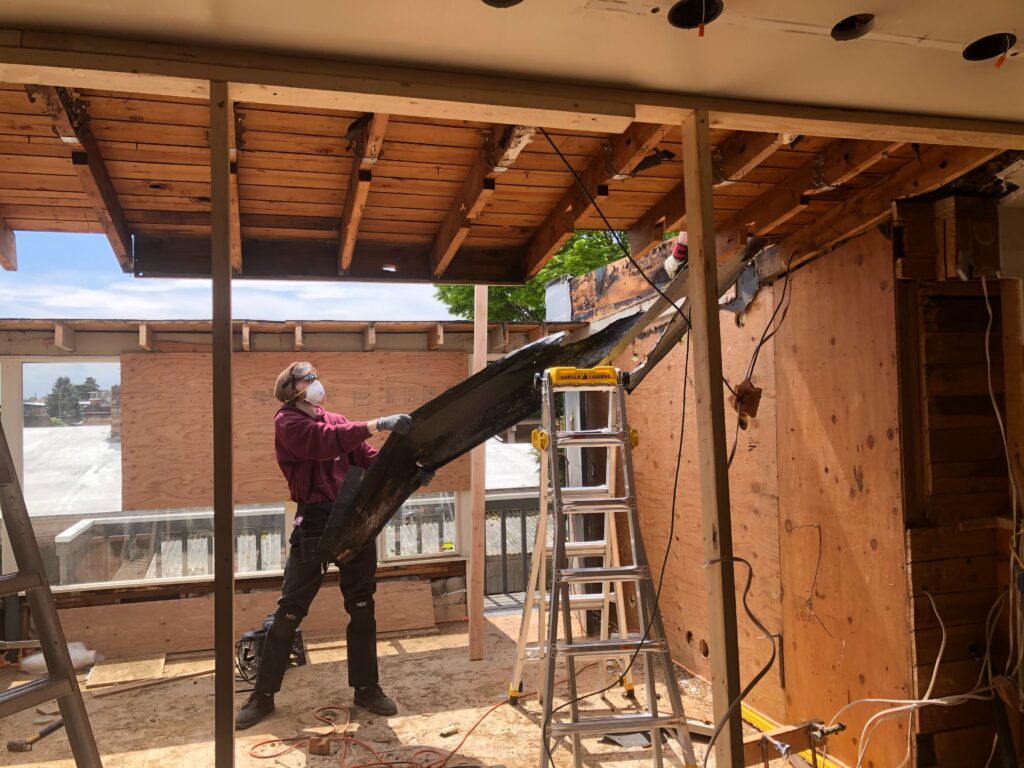
What Is Asbestos?
Asbestos is a naturally occurring fibrous silicate mineral, there is evidence of the use of asbestos dated back over 4,500 years.
Large scale mining for asbestos became more popular at the end of the 19th century when we discovered its more positive attributes: excellent electrical insulator, fire resistant & a thermal insulator.
Russia still mines for asbestos however, 66 countries including all those in the European Union have banned the use of asbestos. Blue and brown asbestos was banned in the UK in 1985. The import and sale of white asbestos was outlawed in 1999.
The first diagnosis of asbestosis was made in the UK in 1924 however, the Romans also documented a “sickness of the lungs” which was associated with the mineral.
If the property was built before 1980 it is likely to contain asbestos in ceiling tiles, artex, corrugated roofing, around boilers, guttering and behind fireplaces. Some people say that even properties built up to 1999 could still contain asbestos.
What Does This Mean When Buying or Selling Your Property?
If you're considering an older home, be aware of the potential for asbestos presence. You can carry out an asbestos survey prior to your purchase and use the results to negotiate on the price with the seller to cover the cost of removal.
Under asbestos regulations, you must disclose the findings of this survey with anyone who might be at risk of asbestos exposure. You are not however, legally obligated to carry out asbestos removal.
You may want to carry out enquiries before you exchange for the cost associated with the removal and disposal of asbestos.
Who Is Responsible For The Removal Of Asbestos?
As a seller, you may want to consider arranging specialists to remove the asbestos rather than taking a drop in the asking price. You would need to make your own enquiries to see whether this works out being more beneficial, as each case is different.
Legally you are able to sell a property containing asbestos, however you are legally bound to disclose the presence of asbestos under the Property Misdescriptions Act of 2013. If you were to withhold this information, it would now be an offence.
Unlike commercial properties, you have no legal obligation to protect workers who come to your residence against exposure to asbestos. The safety falls to the workers themselves.
It’s worth considering whether the asbestos-containing material will be disturbed at any point during your ownership of the property. Asbestos is usually fine if you are not disturbing or damaging it, the fibres are hazardous when inhaled. As a homeowner, your personal safety and the safety of your family and friends will make it more important to ensure that there is no risk of asbestos exposure.
If you do need to have the asbestos removed, Public Health England (PHE) do NOT recommend the DIY removal of asbestos without professional advice. The gov.uk website will give you further information regarding the removal of asbestos locally.
How Can Timms Help?
If you are looking for a quote to buy or sell your house, please contact me on freephone 0800 011 6666 or email s.pill@timms-law.com.




